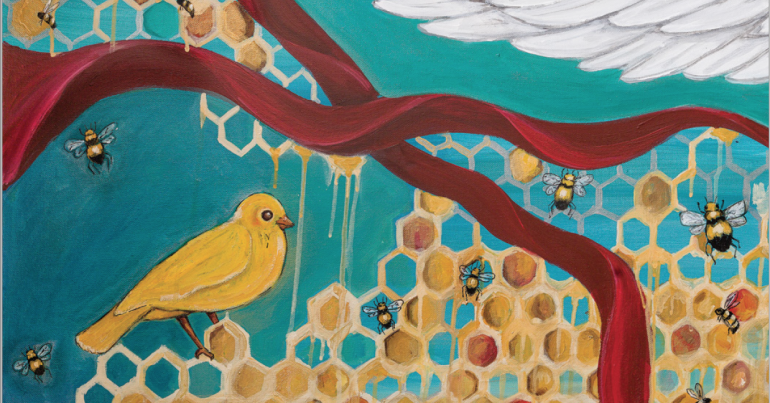We remember that militancy saves lives

We acknowledge that those barriers are not equally shared. Racialized and Indigenous peoples, women and people with disabilities have disproportionately high rates of HIV and AIDS due to poverty, marginalization and violence. They also face greater prejudice and barriers to treatment, services and housing. This is unacceptable.
CUPE got involved in AIDS activism when members bravely pulled the alarm. In 1987, CUPE Local 4014 supported the grievance of a member who was pulled from his job because he had AIDS. The arbitration decision set a precedent for workers battling AIDS discrimination.
Flight attendant Hans Olav Prins filed a grievance against his employer, Pacific Western Airlines after he was withdrawn from service, with pay. Pacific Western Airlines suspended Prins even though two company doctors had diagnosed him fit to fly. Brother Prins had worked for the airline for 17 years and wanted to continue working. (Pacific Western Airlines became Canadian Airlines in 1987, which in turn was taken over by Air Canada in 2001).
Brother Prins died before the arbitration decision, but his loved ones and fellow members saw what he achieved, and his resistance had ripple effects.
Thanks to CUPE AIDS activists like Brother Prins, CUPE took a stand against AIDS discrimination and stigma. In the late 1980s, CUPE held workshops and distributed educational material, on top of backing individual members. In the 1990s, CUPE challenged discrimination in health and insurance plans as well as employment. More recently, CUPE has also tackled the criminalization and racism faced by persons with HIV and AIDS.
For resources, see our HIV/AIDS booklet, bargaining checklist and health and safety fact sheet.
While CUPE and other unions have played a role, the AIDS movement has led the struggle. The AIDS Activist History Project documents the militant groups that mobilized in the 1980s and 1990s to force Canadian governments, employers and service providers to improve public treatment programs and stop shunning, excluding and mistreating persons with HIV and AIDS. AIDS activists organized sit-ins, shut-downs, demonstrations and disruptions. It was their militancy – and not the generosity of the state or drug companies – that achieved progress.
We encourage members to learn more about this incredibly inspiring history and share it on World AIDS Day.
Other actions you can take:
- Invite a discussion with members about how HIV/AIDS is a union issue, using the CUPE educational resources.
- Attend or host a World AIDS Day event in your community.



